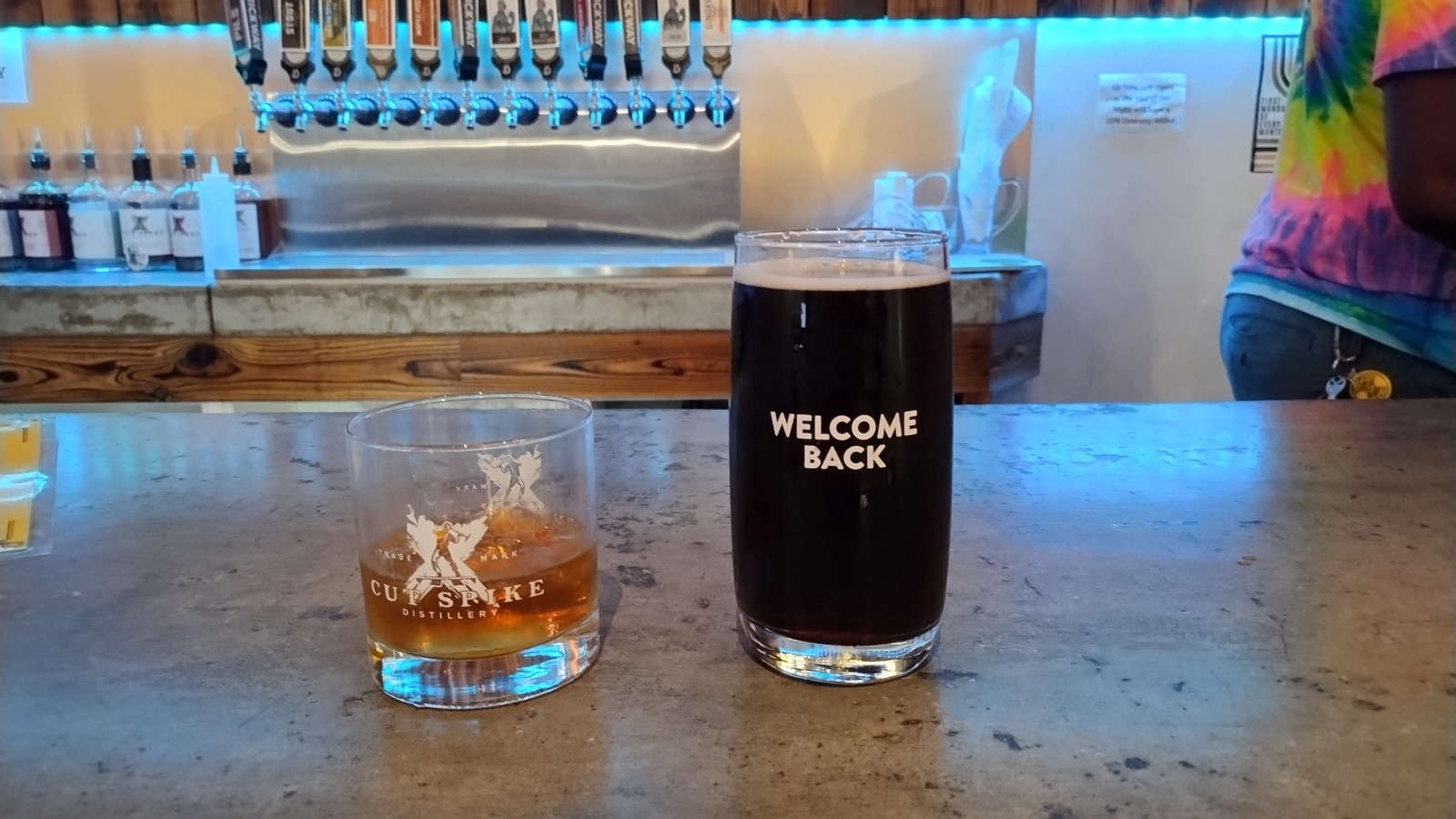On a recent episode of the Steve Deace Show, host Steve Deace and panelists Todd Erzen, Jill Savage, and Aaron McIntire dissected Cracker Barrel’s recent logo rebrand debacle, sparking a broader conversation about the erosion of communal spaces in modern corporate America. The restaurant chain, known for its Southern comfort food and Americana charm, faced intense backlash after unveiling a minimalist, modern logo that critics likened to Dollar General’s generic design. The swift reversal to the original logo highlighted a deeper issue: the growing trend of corporations prioritizing profit over fostering community spaces, a phenomenon Aaron McIntire tied to the “demise of third places.”
The Concept of Third Places
The term “third place,” coined by sociologist Ray Oldenburg in his 1989 book The Great Good Place, refers to social environments distinct from home (the first place) and work (the second place). These are spaces where people gather to socialize, relax, and build community, characterized by accessibility, a welcoming atmosphere, and a sense of belonging. Classic examples include local coffee shops, pubs, libraries, community centers, and traditional diners like Cracker Barrel. Historically, such places—like the Central Perk coffee shop in Friends, the Cheers bar, or small-town general stores—served as hubs for casual interaction, fostering connections outside the demands of work or home life. Third places are vital for social cohesion, offering a neutral ground where diverse individuals can engage without obligation.
Cracker Barrel’s Misstep and Corporate Trends
The Steve Deace Show panel framed Cracker Barrel’s rebrand as part of a broader corporate shift toward uniformity and efficiency. Aaron McIntire argued that modern companies, including McDonald’s, Pizza Hut, and now Cracker Barrel, are moving away from creating inviting, lingering spaces. Instead, they adopt utilitarian aesthetics—sleek, interchangeable designs that prioritize quick transactions over social engagement. Customers, reduced to “widgets” or “numbers,” are encouraged to “get in and get out,” stripping away the emotional, human element of dining. This shift, McIntire noted, aligns with the rise of digital spaces replacing real-life interactions, creating a “toxic cocktail” that isolates individuals and dehumanizes consumer experiences. The panel saw Cracker Barrel’s logo change as a deliberate attempt to dilute its unique Americana identity, reflecting a “Soviet-style” push for conformity over ingenuity.
A Broader Cultural Critique
The discussion went beyond Cracker Barrel, critiquing a systemic corporate trend that erodes cultural distinctiveness. Todd described it as an attempt to supplant “all that is good, true, and beautiful,” blaming societal complacency for allowing such changes. Jill highlighted the CEO’s claim of positive feedback despite widespread mockery from both political sides, including statements from the Democratic Party and President Trump, as evidence of corporate disconnect. The panel recalled Cracker Barrel’s 2013 decision to pull Duck Dynasty merchandise over Phil Robertson’s comments, a move that alienated its core audience and foreshadowed its current struggles. This pattern, they argued, reflects a broader corporate agenda to prioritize Wall Street profits and resale potential over fostering community.
Signs of Resistance or Fleeting Victory?
Deace questioned whether Cracker Barrel’s quick reversal signaled a breaking point against this homogenization, but the panel remained skeptical. Todd noted the lack of real consequences, predicting persistent corporate attempts to impose such changes. Jill agreed, suggesting future efforts might avoid such backlash if less egregious. Aaron dismissed the reversal as “just practice,” emphasizing that more significant issues require greater public and political vigor. The lighthearted debate over Cracker Barrel’s pancakes—praised by Deace as “the best in America”—underscored a nostalgic yearning for the very Americana the panel fears is fading.
Conclusion
The Cracker Barrel rebrand debacle, as discussed on the Steve Deace Show, serves as a microcosm of a larger cultural shift: the erosion of third places in favor of profit-driven, impersonal corporate models. These spaces, once vital for fostering community and individuality, are being replaced by sterile, efficient environments that prioritize transactions over human connection. This is the reason “Nerdbraska” was started, to create a meetup group in Omaha where none existed, specifically to seek out local third places where professionals can gather, socialize, and build community in welcoming venues like coffee shops or pubs. While Cracker Barrel’s logo reversal offers hope, the panel’s skepticism suggests that without sustained efforts—a concept like Nerdbraska and broader public pushback—the trend toward a homogenized, “soulless America” may persist. Preserving third places requires a collective commitment to valuing human interaction over corporate convenience, ensuring spaces remain where people can connect and belong.

